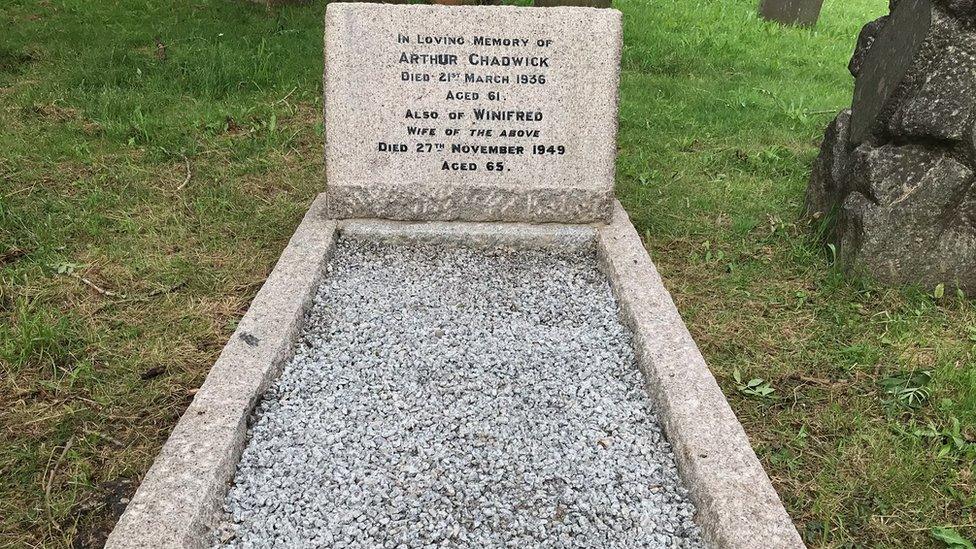Ramadan: Exeter footballer describes training during fasting
- Published
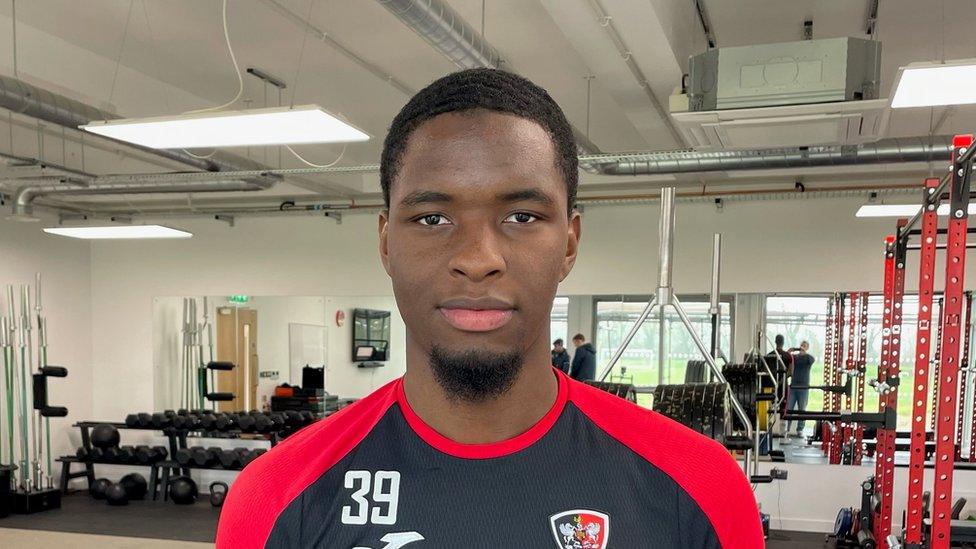
Cheick Diabase joined Exeter City Academy when he was 16
As Exeter City celebrate a fourth straight home win, beating Barnsley 3-1 on Tuesday, one player who had to watch from the sidelines was Cheick Diabaté, who is recovering from an injury.
However, it gave BBC South West a chance to have a chat with the Muslim footballer about how Ramadan impacted the life of a professional sportsman.
Fasting is one of the central aspects of the month of religious devotion, and Diabaté remains in training throughout it.
Diabaté said his faith was "the most important thing in my life" and that he had had a lot of support from his teammates and club staff.
But he also added he was "looking forward" to being able to break his fast every evening.
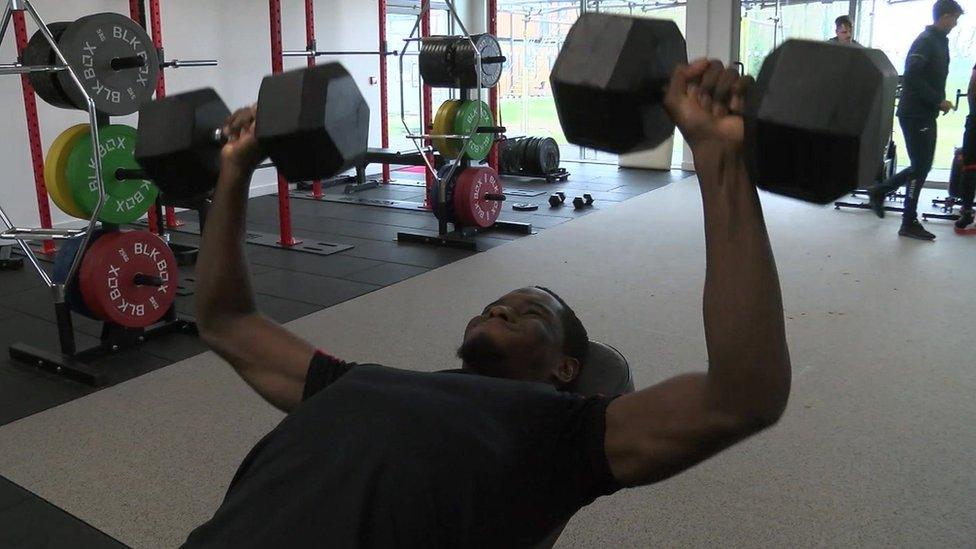
Cheick Diabaté is still training during Ramadan
Ramadan is the Arabic name for the ninth month in the Islamic calendar.
It is considered one of the holiest months for Muslims and is marked by a period of fasting - one of the Five Pillars of Islam - with no food or water taken during the hours of daylight.
Extra emphasis is also placed on reciting the Quran at this time, and Muslims are also encouraged to give to charity, strengthen their relationship with God, and show kindness and patience.
The 21-year-old, who joined Exeter City Academy when he was 16, broke the bone in his foot in February and may not play again this season.
But he is working his way back to fitness, despite the energy needed while he is fasting.
Currently getting ready for morning prayers at just after 05:00 BST, he will have an early breakfast before dawn, and a lot of water, to "make sure I have enough energy during the day".
This is despite not being able to drink during the day after maybe sweating a lot, and with his teammates able to refuel straightaway.
But he said it was "not something that I found difficult, and I feel most Muslims don't find it difficult as well".
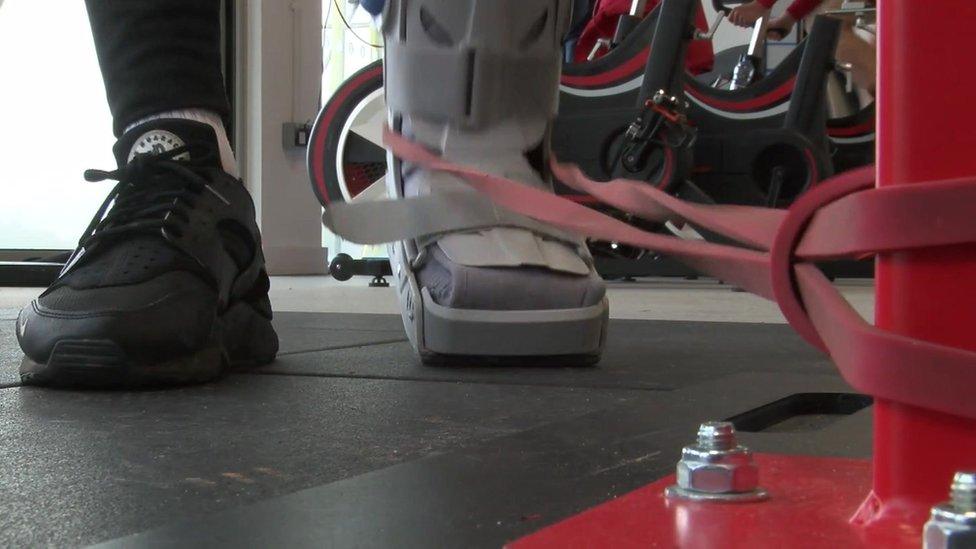
Cheick Diabaté may not be able to play for the rest of the season due to a foot injury, but he is working out as part of his recovery
He said: "It feels like magically when you're fasting a force somehow gives you a burst of energy; something happens to your body.
"Obviously it is hard, but, after a couple of days, your body gets used to it."
He added that his faith "is the biggest thing in my life - it's obviously helped me be the person I am today".
He said: "It helps in every aspect of it, on and off the pitch, and with my family life; and my teammates and the club staff are very respectful about it.
"[For instance] On match days where I don't have anywhere to pray, they always help me find somewhere to pray.
"It shows their respect, it shows that they care and shows that they want everything to be equal."
While devoted to his faith, he was also quite happy to admit that he also was "definitely looking forward" to meals when it was time to break his fast.

Follow BBC News South West on Twitter, external, Facebook, external and Instagram, external. Send your story ideas to spotlight@bbc.co.uk, external.
- Attribution
- Published28 March 2023
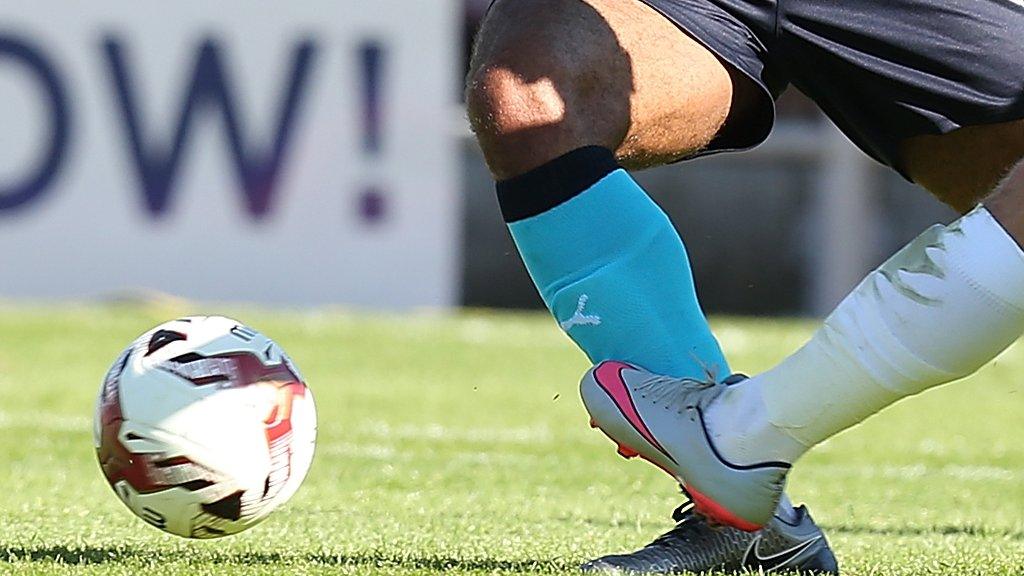
- Published10 April 2024
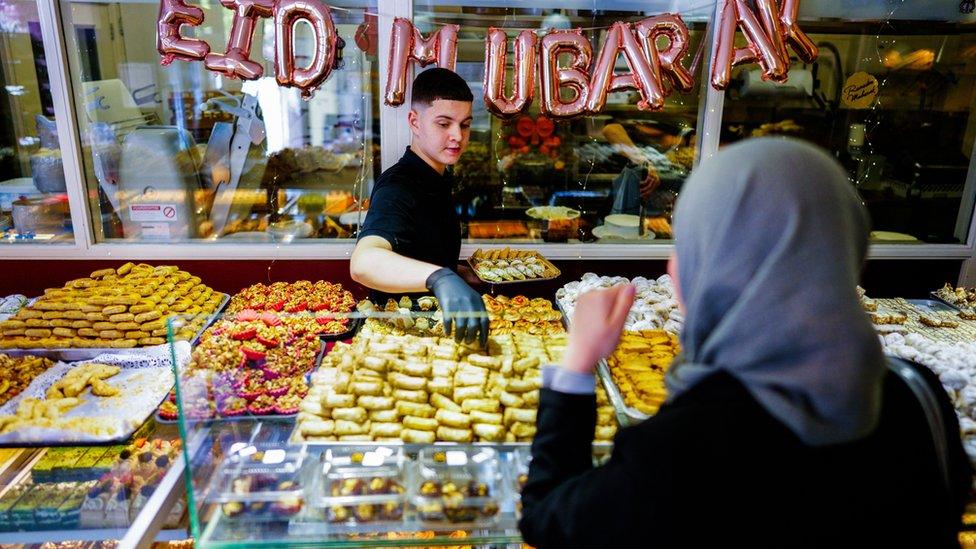
- Published29 March 2023
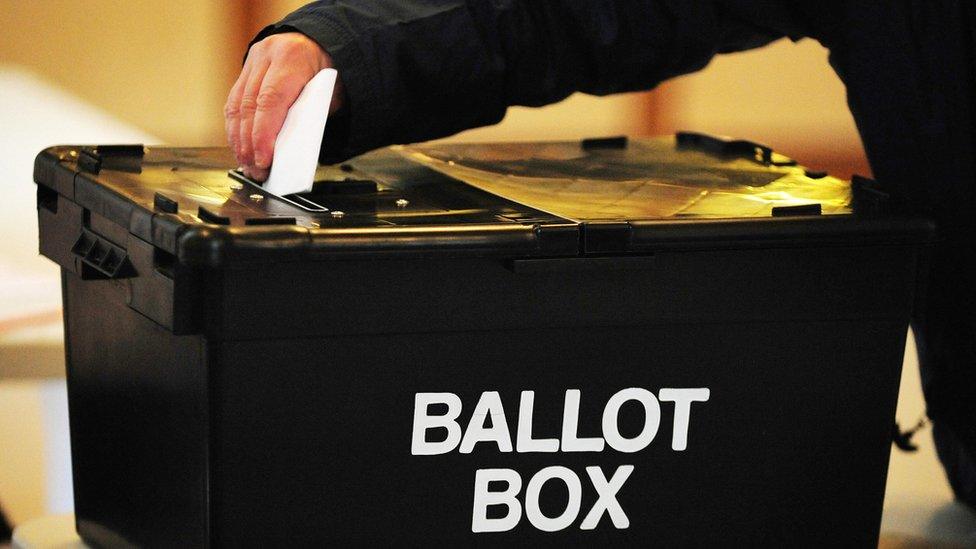
- Attribution
- Published25 March 2023

- Published24 March 2023
